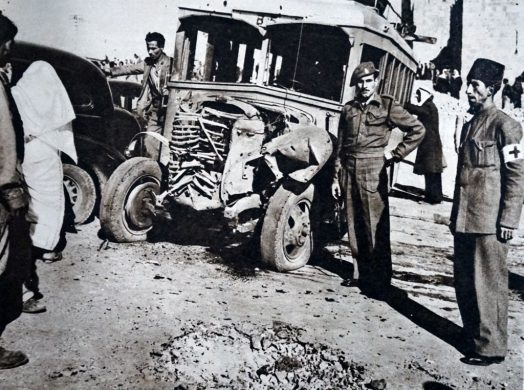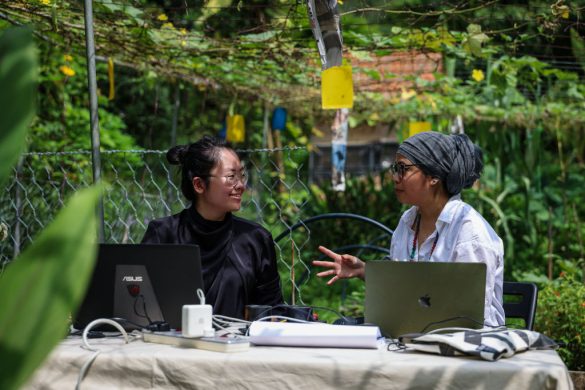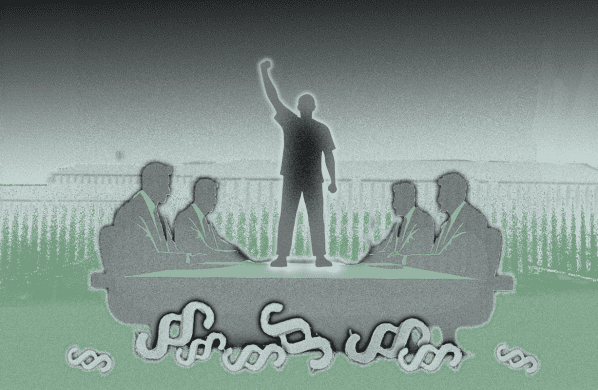The Millennium Challenge Account (MCC) is the centrepiece of the largest shift in US foreign aid since John F Kennedy created USAID (Amerikas Danida) in the 1960s.
Americas new development programme aims to distribute funds only to the best-governed poor countries.
But despite the high hopes surrounding its inception, the scheme has got off to a slow start. The president has failed to extract the promised level of funding from Congress. Almost three years after it was announced, not a cent has yet found its way to the worlds poorest countries.
When president George W. Bush announced the five billion US dollar-a-year fund to fight poverty worldwide in March 2002, the programme would have represented a 50 per cent increase in the US aid budget at a stroke. Although the US is the worlds largest provider of foreign aid, it still ranks near the bottom of the league table of donors relative to national income.
What excited the experts more, however, was that it embodied a new approach to US giving.
Only countries judged to be “ruling justly, investing in their people and establishing economic freedom,” could apply and the MCC set out a list of measures by which to judge applicants.
For years pressure groups have been complaining about the use of foreign aid as a bribe to support strategically important but corrupt governments.
The World Bank and many European donors have been moving towards “selectivity” – directing aid to countries with good policies – for some time. The MCC would extend this principle, making good behaviour necessary even to apply for aid.
Its assumption is that giving to the most effective and least corrupt governments only would mean they could also be trusted to design and administer their own programmes..
The disadvantage, according to critics, is that it excludes many of the worlds poorest countries that do not have good governments. In 2005 Congress appropriated 1,5 billion dollar for the MCC – 1 billion dollar less than the president had requested.
Nonetheless, Paul Applegarth, MCCs chief executive, is confident that the programme can win back the doubters.
Various interruptions – including the war in Iraq – meant the MCC was legally created only early in 2004. Last spring it was still buying computers and setting up an office. – You need to remember that we were like a dotcom start-up, says Mr Applegarth.
It has selected an initial shortlist of 17 from 78 of the worlds poorest countries which meet its standards of good governance. Having received project proposals from countries including Madagascar, Vanuatu and Lesotho, the MCC is hoping to draw up contracts by the end of March.
– There are those who are asking, ‘how come the money is not flowing out of the door in torrents by now?’,” says Mr Applegarth explaining: – I say we need to take our time to get things right. Proving that this approach works is the key to getting more funding.
The stakes are high: if successful the MCC could provide a blueprint for other poverty reduction efforts. Failure could trigger a backlash against aid in general.
Many Republicans in Congress have long been skeptical of the value of foreign aid, an approach epitomised by former Senator Jesse Helms, who boasted that he had “never voted for a foreign giveaway”.
Kilde: The Push Journal















